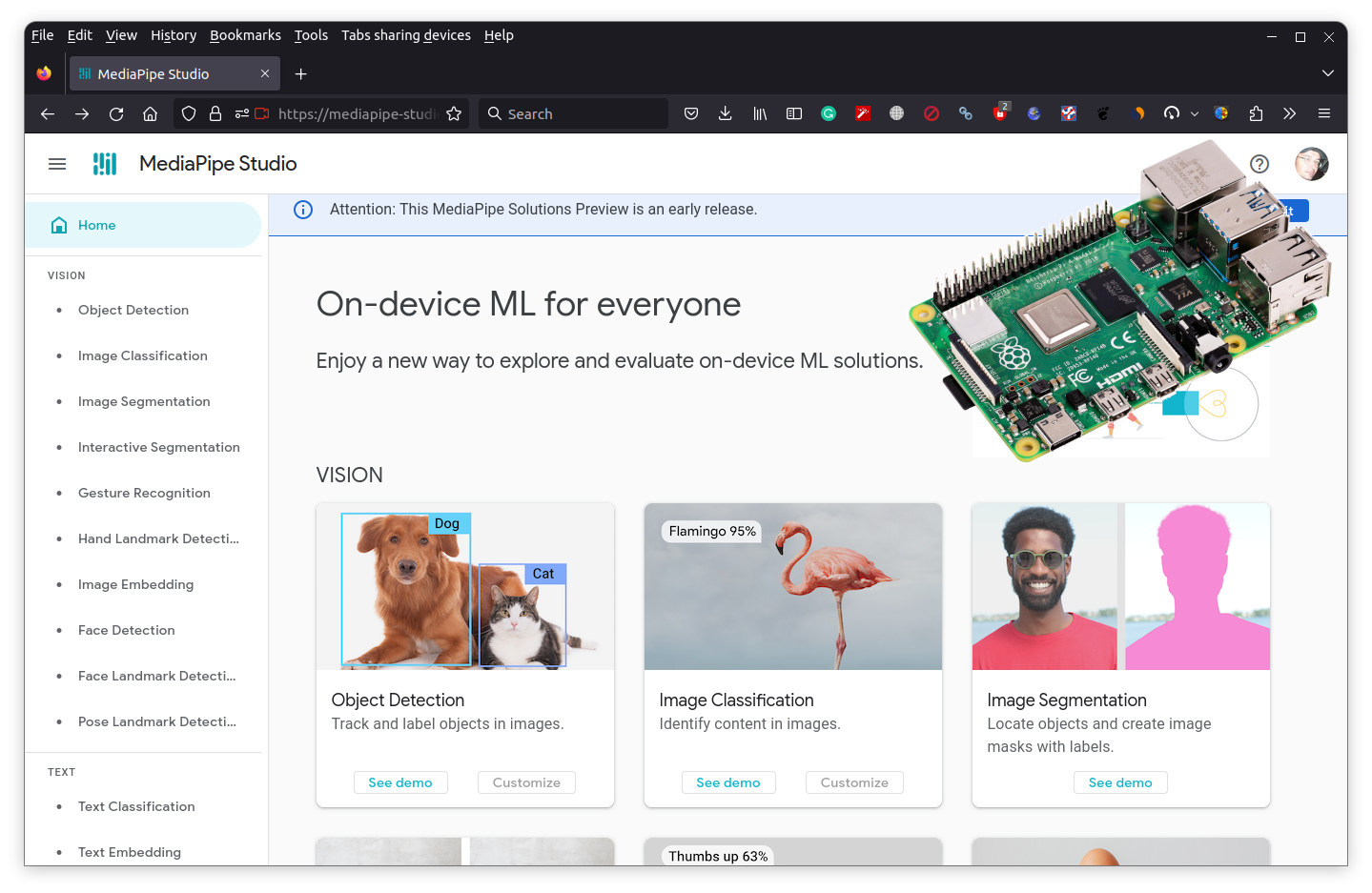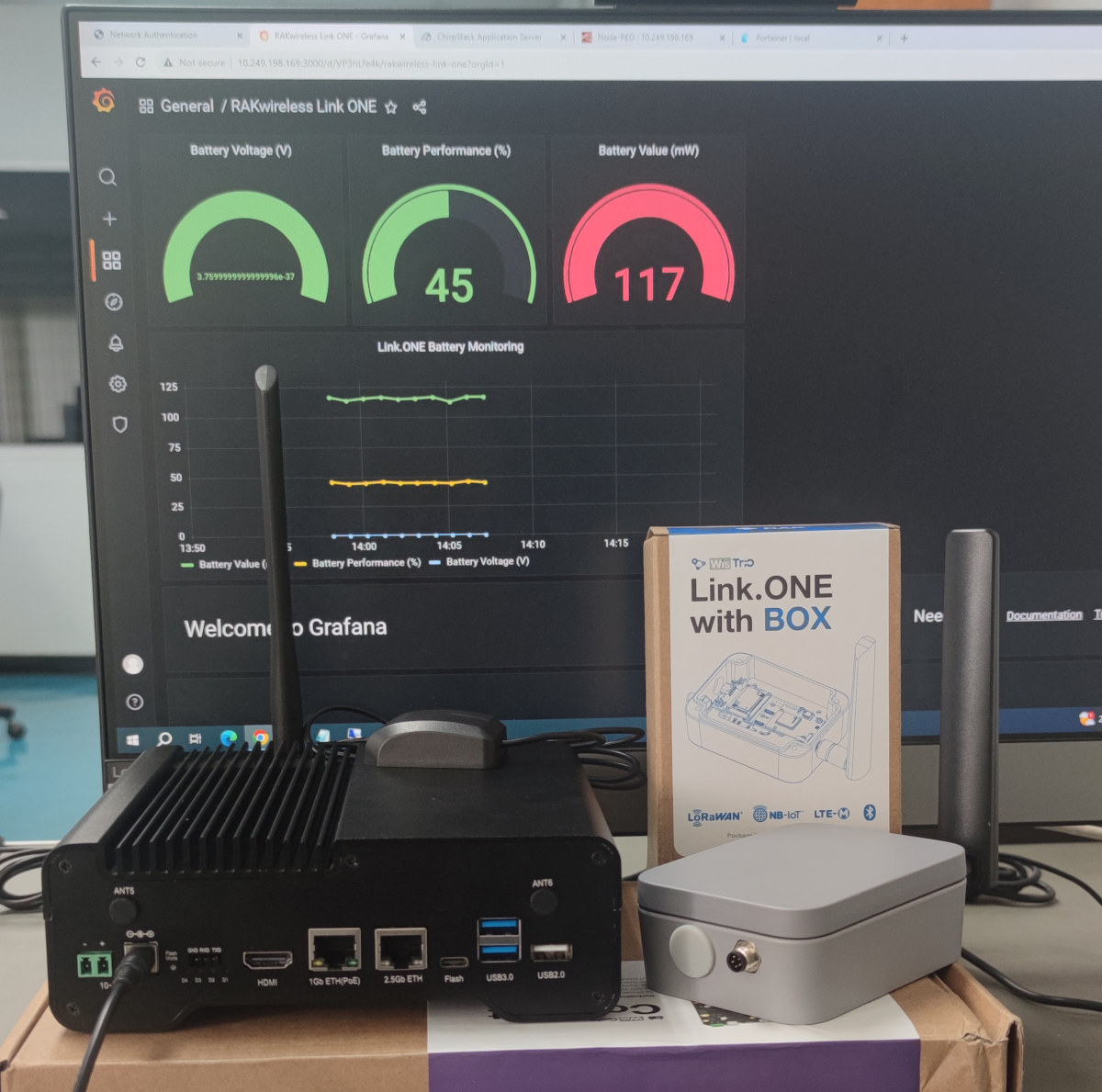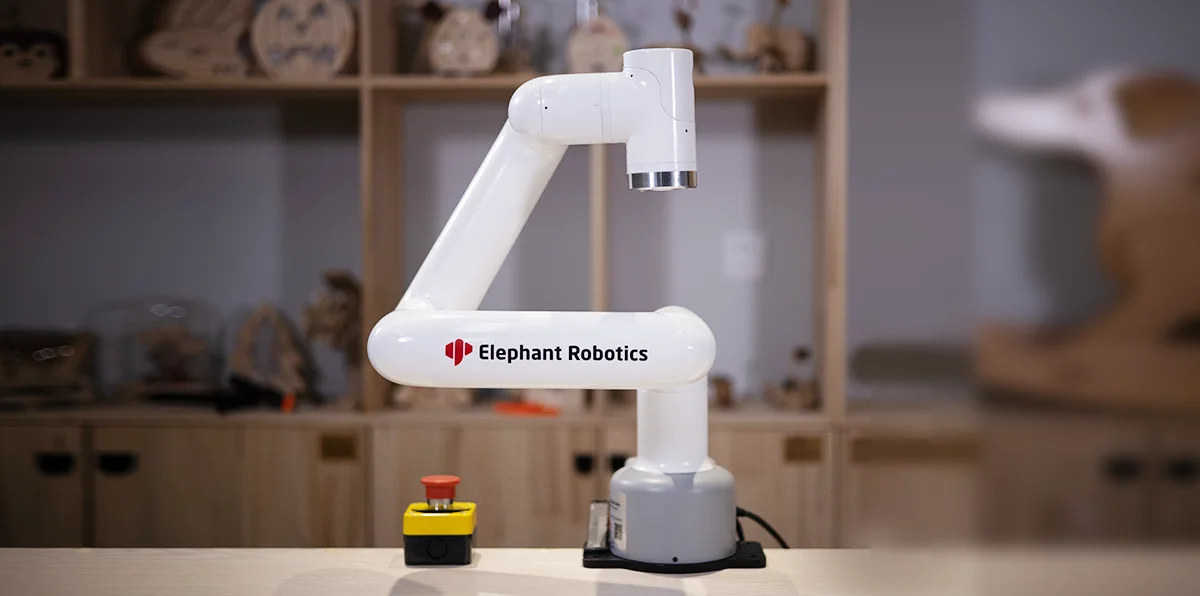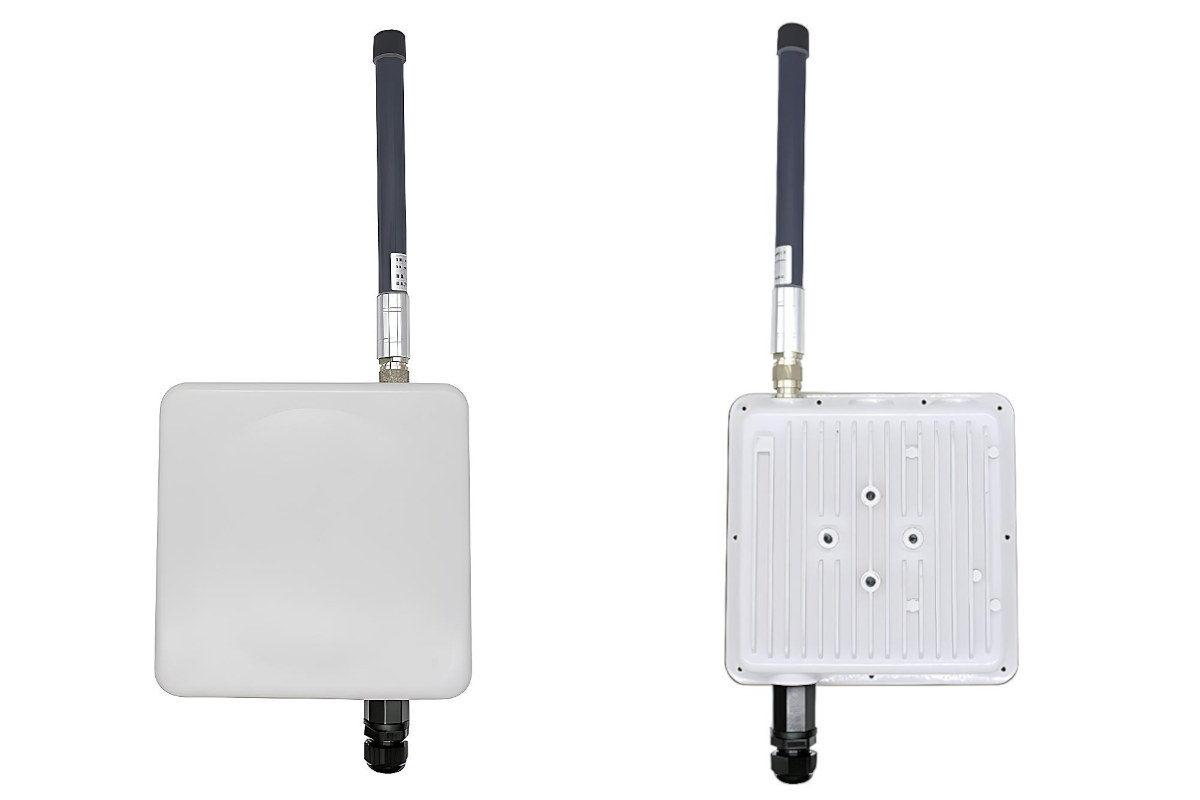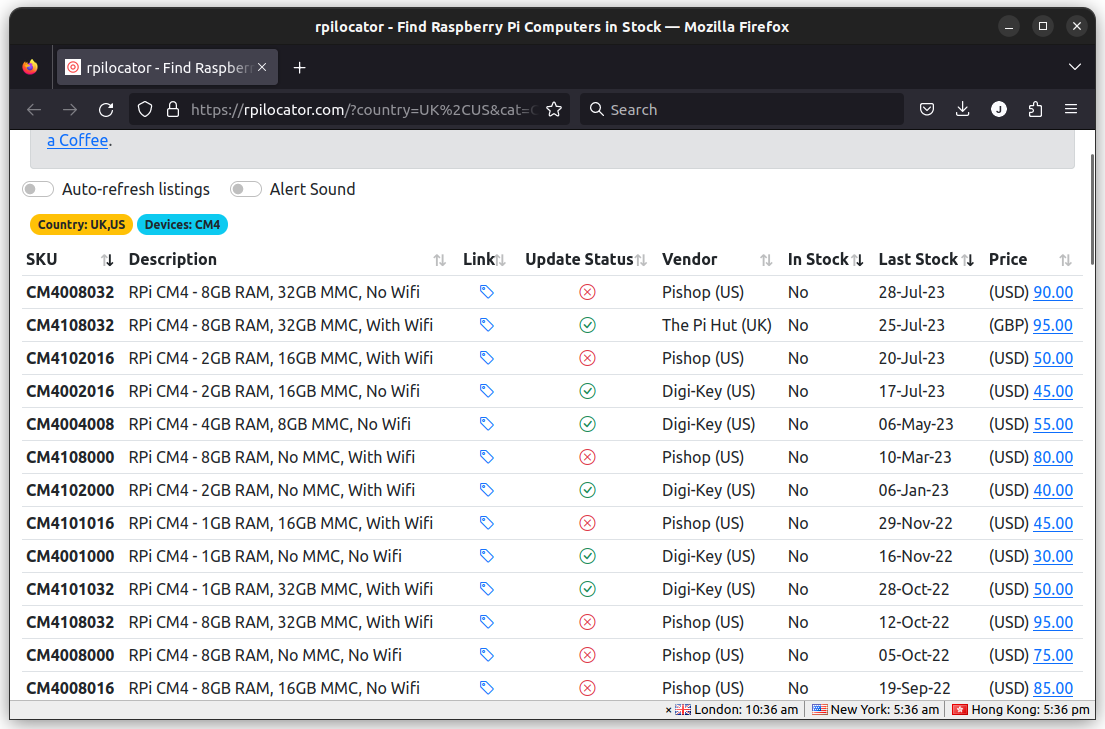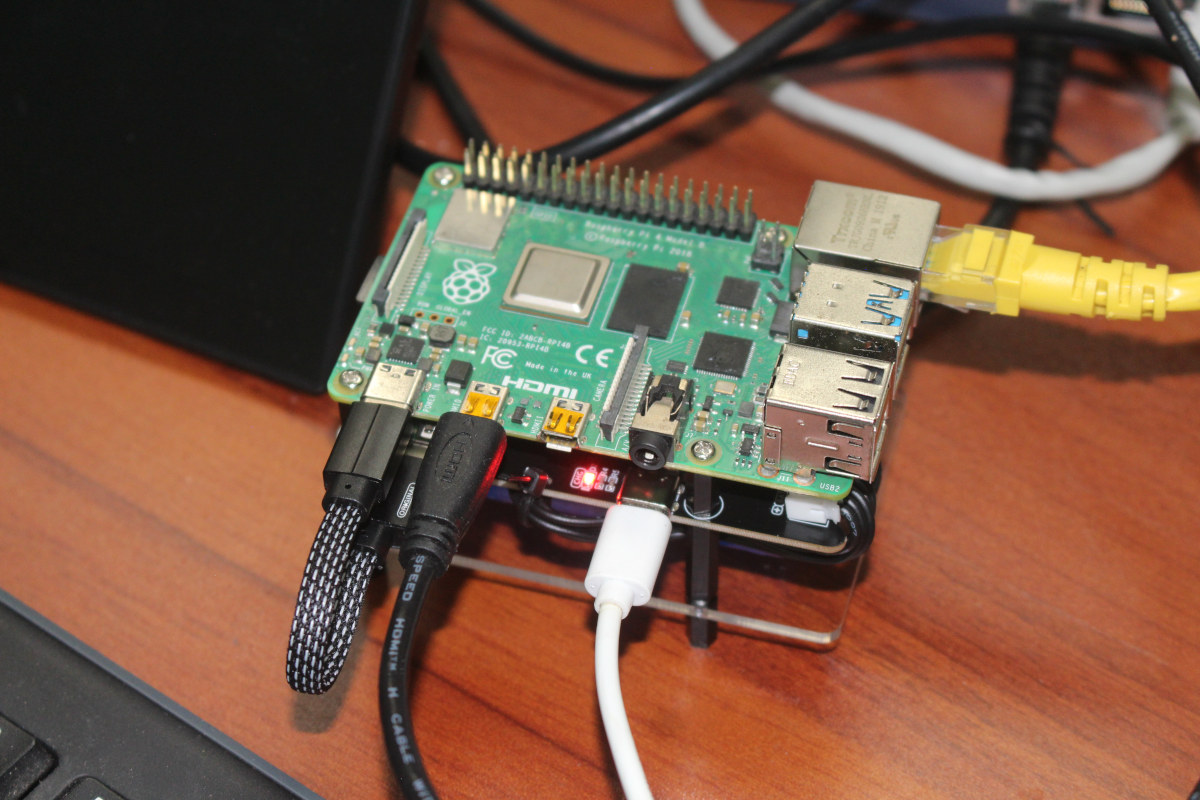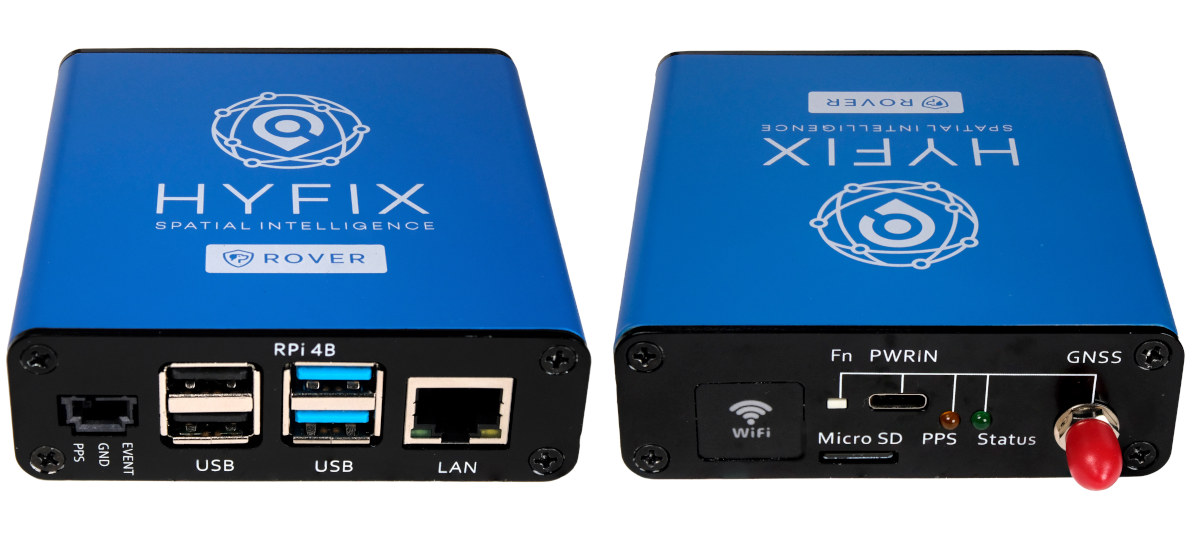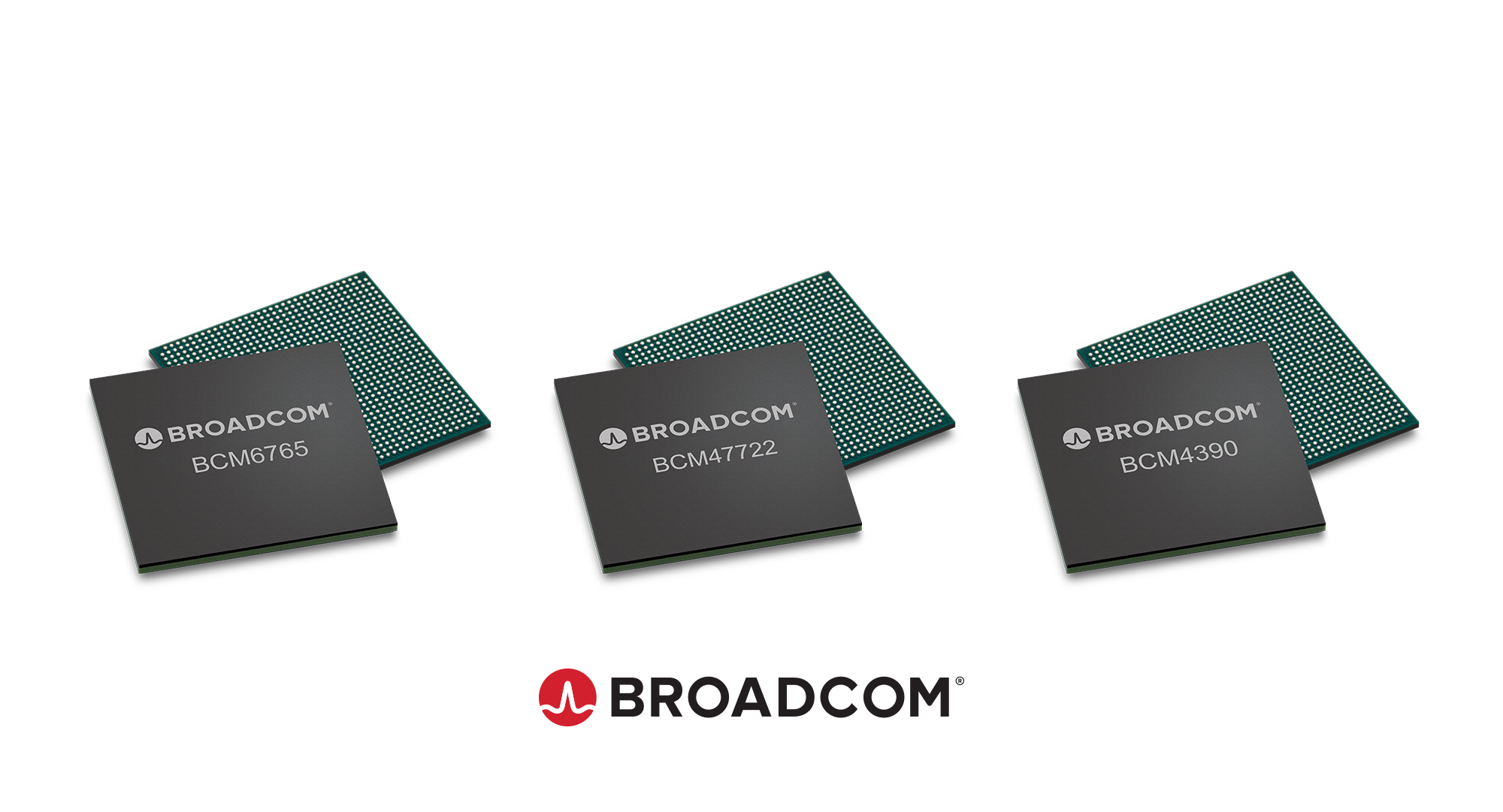Google has just released MediaPipe Solutions for no-code/low-code on-device machine learning for the Raspberry Pi (and an iOS SDK) following the official release in May for Android, web, and Python, but it’s been years in the making as we first wrote about the MediaPipe project back in December 2019. The Raspberry Pi port is an update to the Python SDK and supports audio classification, face landmark detection, object detection, and various natural language processing tasks. MediaPipe Solutions consists of three components: MediaPipe Tasks (low-code) to create and deploy custom end-to-end ML solution pipelines using cross-platform APIs and libraries MediaPipe Model Maker (low-code) to create custom ML models MediaPipe Studio (no-code) webpage to create, evaluate, debug, benchmark, prototype, and deploy production-level solutions. You can try it out directly in your web browser at least on PC and I could quickly test the object detection on Ubuntu 22.04. MediaPipe Tasks can be […]
Setting up a private LoRaWAN network with WisGate Connect gateway
In this guide, we’ll explain how to set up a private LoRaWAN network using the Raspberry Pi CM4-based RAKwireless’ WisGate Connect gateway and Docker or Portainer to install NodeRED, InfluxDB, Grafana, and other packages required to configure our gateway. The WisGate Connect is quite a versatile gateway with Gigabit and 2.5Gbps Ethernet plus several optional wireless connectivity options such as LoRaWAN, 4G LTE, 5G, WiFi 6, Zigbee, WiFi HaLoW, and more that can be added through Mini PCIe or M.2 sockets, expansion through WisBlock IO connectors and a 40-pin Raspberry Pi HAT connector. We’ll start by looking at the gateway features in detail, but if you already know all that, you can jump to the private LoRaWAN network configuration section. WisGate Connect unboxing, specifications, and teardown RAKwireless sent us a model with a Raspberry Pi CM4 equipped with 4 GB of RAM and 32 GB of eMMC memory, GPS and […]
myCobot Pro 600 Raspberry Pi 4-based robot arm supports 600mm working range, up to 2kg payload
Elephant Robotics has launched its most advanced 6 DoF robot arm so far with the myCobot Pro 600 equipped with a Raspberry Pi 4 SBC, offering a maximum 600mm working range and support for up to 2kg payloads. We’ve covered Elephant Robotics’ myCobot robotic arms based on Raspberry Pi 4, ESP32, Jetson Nano, or Arduino previously, even reviewed the myCobot 280 Pi using both Python and visual programming, and the new Raspberry Pi 4-based myCobot Pro 600 provides about the same features but its much larger design enables it to be used on larger areas and handles heavier objects. myCobot Pro 600 specifications: SBC – Raspberry Pi 4 single board computer MCU – 240 MHz ESP32 dual-core microcontroller (600 DMIPS) with 520KB SRAM, Wi-Fi & dual-mode Bluetooth Video Output – 2x micro HDMI 2.0 ports Audio – 3.5mm audio jack, digital audio via HDMI Networking – Gigabit Ethernet, dual-band WiFi […]
Raspberry Pi CM4-powered outdoor gateway supports GbE, WiFi 5, Bluetooth 5.0, 4G LTE, LoRaWAN, and GPS connectivity
EDATEC ED-GWL2110 is an IP24-rated outdoor gateway based on Raspberry Pi CM4 and supporting Gigabit Ethernet, WiFi 5, Bluetooth 5.0, 4G LTE cellular, LoRaWAN, and GPS connectivity, as well as Power over Ethernet (PoE). The weatherproof gateway also comes with two microSD cards for the OS (CM4 Lite) and data, an HDMI 2.0 output port, a serial console, and features such as an RTC with backup battery, a watchdog, an ATECC608 secure element, and a user-programmable RGB LED. EDATEC ED-GWL2110 specifications: SoM – Raspberry Pi Compute Module 4 SoC – Broadcom BCM2711 quad-core Arm Cortex-A72 processor @ up to 1.5GHz with VideoCore VI GPU System Memory – 1GB, 2GB, 4GB, or 8GB RAM Storage – Optional 8GB, 16GB, or 32GB eMMC flash Wireless – Optional WiFi 5 and Bluetooth 5.0 Storage – Dual micro SD card slot for OS (Raspberry Pi CM4 Lite) and data Video Output – 1x HDMI […]
Raspberry Pi supplies are improving, but trust may be hard to rebuild with makers
Last December, Eben Upon provided an update about Raspberry Pi availability and expected “unlimited supplied” by H2 2023. Nine months later, Raspberry Pi supplies have indeed improved a lot. Still, some makers with small-volume production have already moved on, and are using alternative solutions. This seems especially true for products based on Raspberry Pi CM4 modules. Tom’s Hardware has just had a fresh look at the Raspberry Pi supply situation, and based on Eben’s tweets noted an increased number of Raspberry Pi boards had shipped in 2023. Eben said June was the second-best month ever for Raspberry Pi Trading with 788,000 units sold, and July looks to breach if the one million units a month is reached, beating the March 2021 records of 814k units. He further expanded saying 119k Zero boards, of which 33k Zero 2 boards (almost entirely consumer), and estimated around 250-400ku went to the retail market. […]
Review of SunFounder Raspberry Pi UPS Power Supply
SunFounder’s Raspberry Pi UPS Power Supply is a complete UPS kit for the Raspberry Pi 3/4 Model B/B+ with a PiPower board, a 2,000 mAh battery, and all accessories requires for the assembly. It also works with other Raspberry Pi-sized boards that support 5V DC input such as Banana Pi BPI-M5, Libre Computer ROC-RK3328-CC, and other similar SBCs. Many years ago, I bought a Raspberry Pi battery pack for review hoping that it would also work as a UPS, but it was not perfect as the board would sometime reboot during power failure simulations. Since then, there have been many UPS kits launched to the market, but I didn’t try any so far, so when SunFounder contacted CNX Software to review their “Raspberry Pi UPS Power Supply”, I took the opportunity, and I will report my finding in this review. Raspberry Pi UPS Power Supply key features UPS module output […]
Affordable RTK GNSS receiver supports USB or/and Ethernet interfaces (Crowdfunding)
HYFIX’s RTK Rover is an affordable, centimeter-accurate RTK (Real-time Kinematic) GNSS receiver with either a USB interface or/and Ethernet connectivity with the latter relying on a Raspberry Pi 4 SBC. As a reminder, RTK relies on traditional GNSS networks like GPS and works with a Base station at a fixed location and a Rover station that can be fitted to a drone or mobile robot in order to determine the position with up to one-centimeter accuracy. The RTK Rover from HYFIX is equipped with a dual-band LC29H GNSS module from Quectel and an onboard IMU sensor that tracks position through dead reckoning when GNSS connectivity is lost. RTK Rover specifications: MiniPCIe card with Dual-Band L1/L5 RTK Receiver (Quectel LC29H) Antenna – External antenna (6x5x2 cm) connected to SMA connector Sensor – IMU Interfaces USB Type-C port for power and serial Interface Ethernet Rover Kit only – Gigabit Ethernet and USB ports […]
Broadcom unveils 2nd generation WiFi 7 chipsets: BCM6765, BCM47722, BCM4390
Broadcom has announced its second generation WiFi 7 chipsets: the BCM6765 residential WiFi 7 access point chip, the BCM47722 enterprise WiFi 7 access point chip with dual IoT radios that support simultaneous operation for Bluetooth Low Energy (BLE), Zigbee, Thread, and Matter protocols, and the BCM4390 low-power Wi-Fi 7, Bluetooth, and 802.15.4 combo chip designed for use in mobile devices. This follows the introduction of Broadcom’s first WiFi 7 chipsets in April 2022 with residential and enterprise WiFi 7 access point chips, and a WiFi 7 client chip, but the second generation access point chipsets support 320 MHz 2-stream Wi-Fi operation and add extra features, and the BCM4390 optimized costs bringing WiFi 7 to lower-prices phones and devices. BCM6765 residential Wi-Fi access point chip highlights: CPU – Quad-core ARMv8 CPU with 10Gbps Ethernet PHY WiFi 7 Dual 2×2 tri-band (2.4, 5, and 6 GHz) capable radios that support simultaneous operation […]


